Two questions came in to Ask Gardenerd this week about rats and their traps. Let’s tackle them in order. The first is from Linda Smith: “What kind of rat traps do you use? And does it help to put a net over my veggie beds?”
Rat Traps are available in many options, and honestly, some work and some don’t. But it depends upon your rats. Member of my family swear by the electronic rat traps like these from Vector. But I’ve tried those and they don’t work for me. Our rats to too savvy. City rats…whataya gonna do?
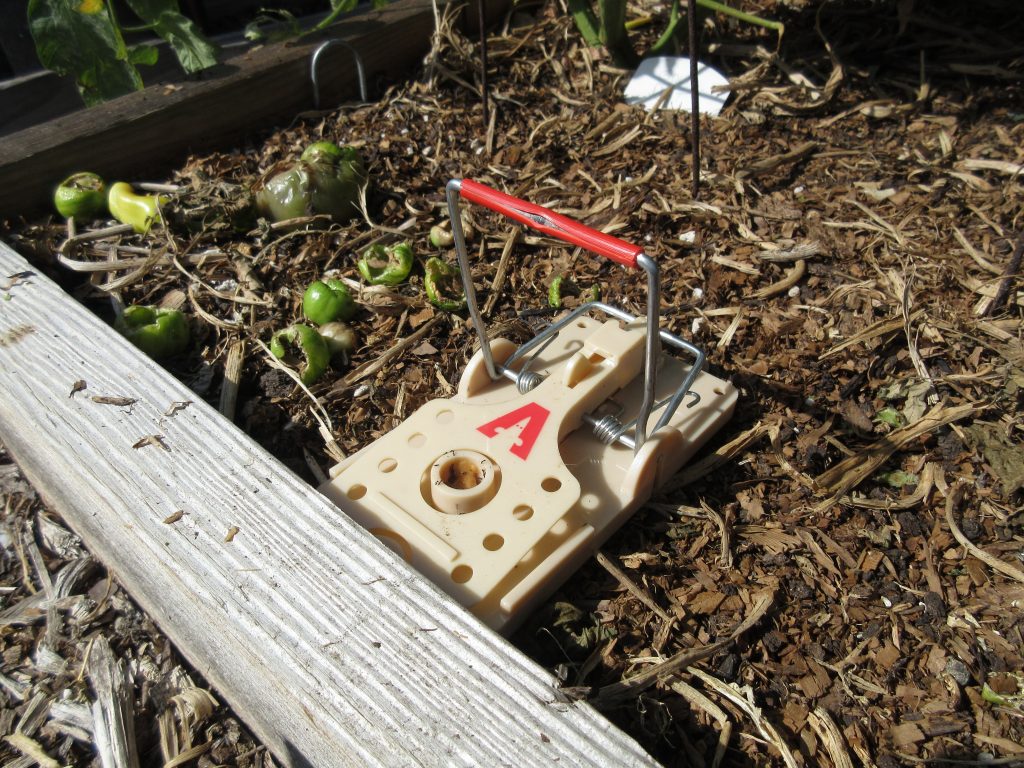
We’ve found great success with the easier-to-set plastic Vector traps that snap into place (shown above), or the Jawz traps that click open to set. The Jawz traps last longer than the former, and we’re still on the hunt for a wooden trap that’s easy to set so we can compost them when they stop working properly. For now, we’re using the above.
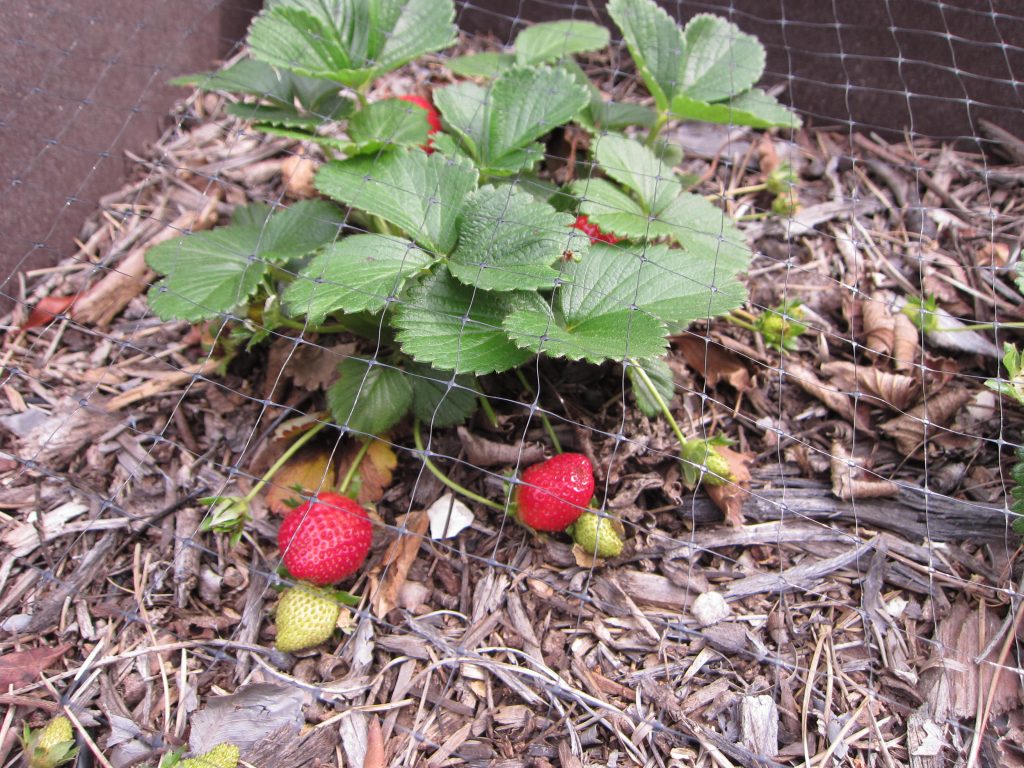
Netting
To answer the second part of your question regarding netting, the answer is yes! Bird netting, if pinned down all around the edges, will help keep critters away from your veggies and fruits. Use hoops to keep the netting away from the surfaces of your plants, if the fruit grows at the branch tips. NOTE: determined rats will find a way in, so secure your perimeter well and you’ll have success. Some critters will tear through the netting so keep an eye out for breeches and replace the netting as needed. If you attach netting to a 1×2″ length of wood or a dowel you can lift the netting to access your crops easily.
Now About That Bait
The next question comes from Gini Ambrosino. She writes, “How do you bait your rat traps without attracting ants?“
Well, Gini, the short answer is, you don’t. Your bait will attract ants. As they say in the movies, if you build it they will come. Generally speaking, if you set your traps away from the house, ants won’t find their way inside your home. If you’re setting rat traps in the house, then you might try the type of trap that hides the bait deep inside, such as these enclosed traps. We have not experimented with them in our Test Garden, but it’s worth a shot.
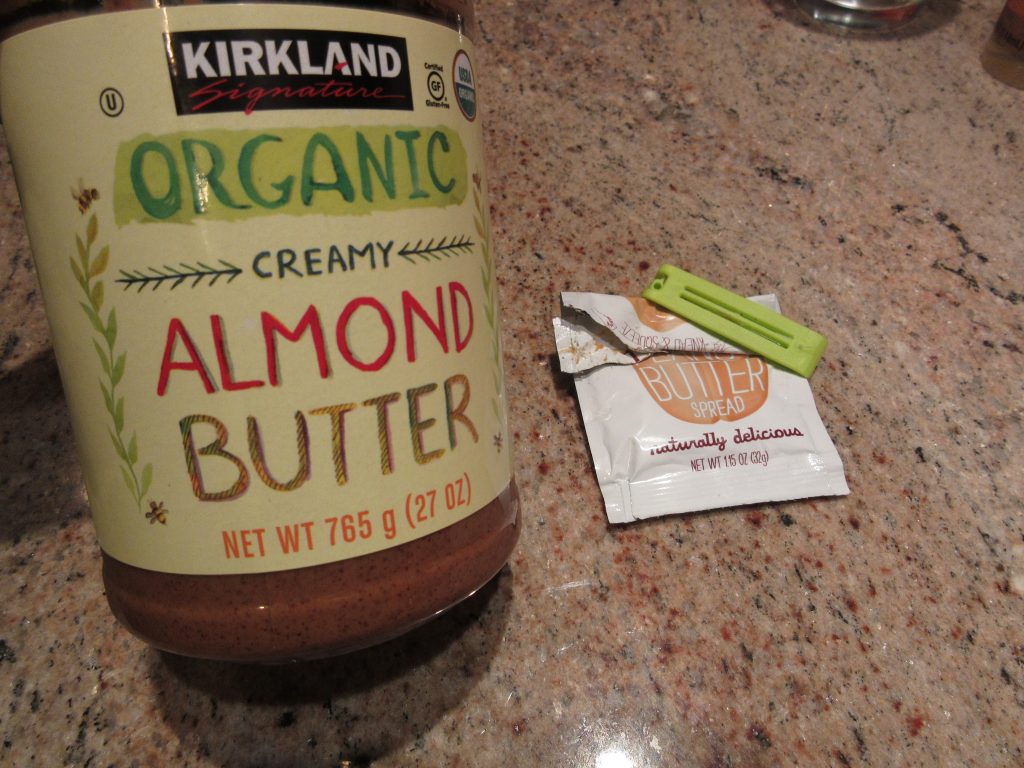
As far as bait goes, peanut butter seems to be the most successful here at Gardenerd HQ. Feedback from fellow gardeners indicates that if you mix a little sugar into the peanut butter (or buy one that contains it) rats are more drawn to the bait. We’ve also tried almond butter and our rats don’t care for it. Other folks have said cheese works great for them. That has worked for us on occasion. Again, it comes down to what your rats like. They can be as dissimilar as humans, and in some cases, as smart. We like to spread a little peanut butter on a leaf next to a set trap to give a false sense of security and an enticement to explore further.
Rats and Their Traps – Final Thoughts
One last note about diligence. Set 10 to 20 traps at a time, for a period of 4 or 5 nights. You’ll have the greatest success in reducing the populations that way. Then take a break, relocate the traps and try again if damage persists in the garden.
Thanks for your great questions about rats and their traps, Gini and Linda. We hope this helps! For more info about catching rats check out this blog post.

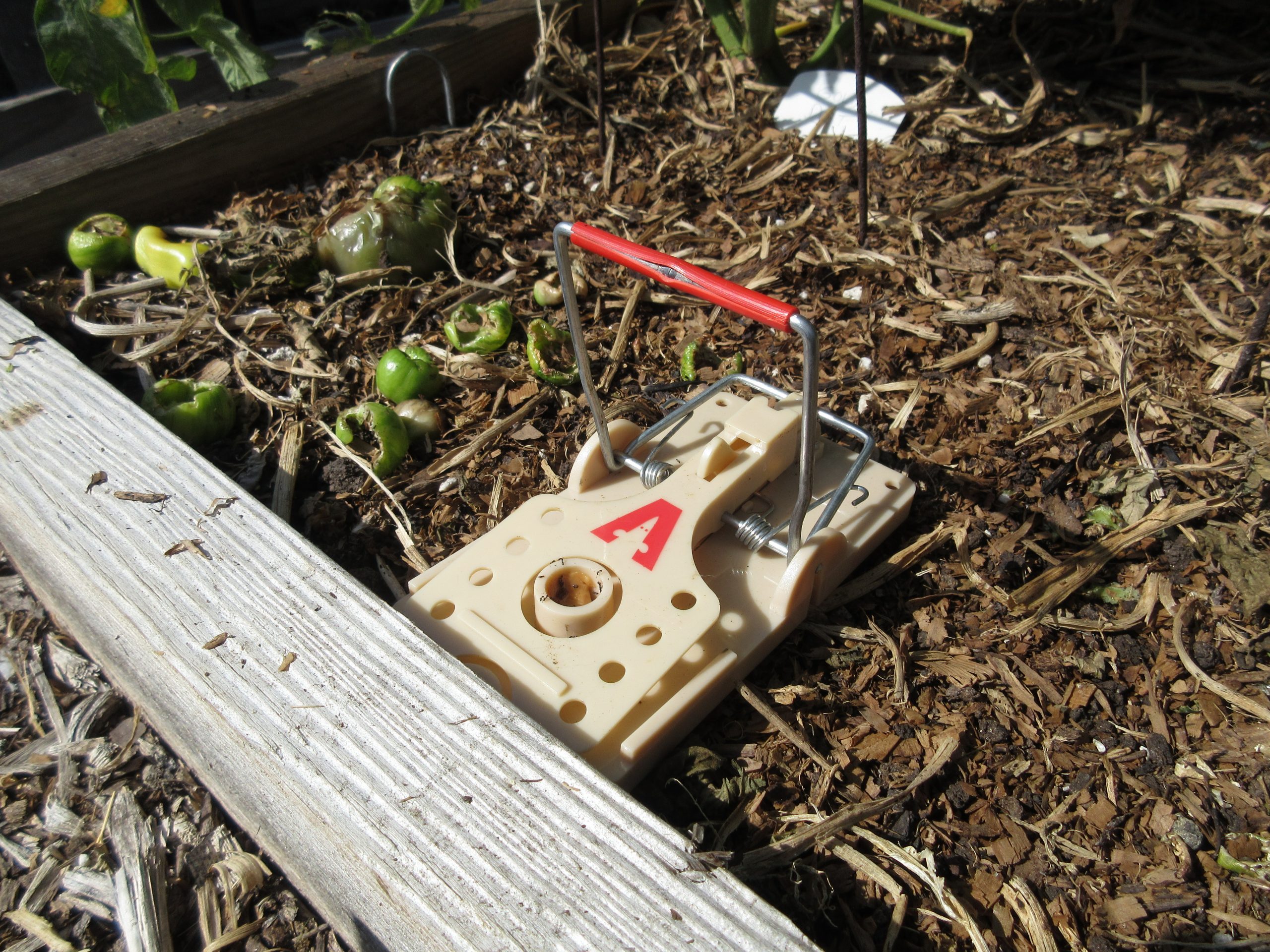
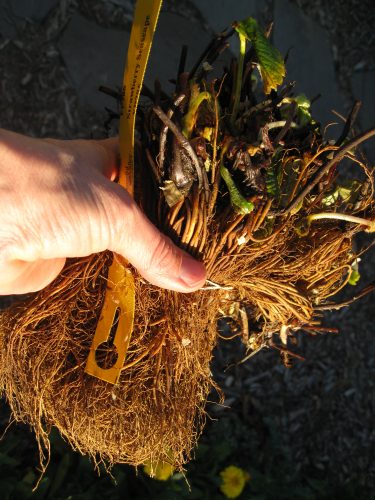

Just in case people still read this.
I good way to keep dogs, cats, raccoons , possum etc safe from the rat traps is to use a water meter box with lid.
It has a rat entrance hole and it is unmovable.
Only good for 1-2 traps but it wont be snapping any paws.
We had a rat in the house and the company we hired baited the traps with a small piece of beef jerky. That worked to catch 2 in our attic and 1 in our crawl space.
Great idea, Debra. Thanks for suggesting.
Gluing a couple pieces of dog or cat food to the trap trigger is effective. They can’t pull off the bait if it is glued down. Before learning this, I often found the peanut butter licked clean and the trap still set.
Thanks for the suggestion!
Please mention how to protect dogs and cats from the traps! They like peanut butter and cheese too..
Thanks!
Hi Luna, thanks for the reminder. I thought I mentioned that, but we definitely advise removing the traps during the day while pets are out. If that’s not an option, there are enclosed traps available to protect from unwanted catches.